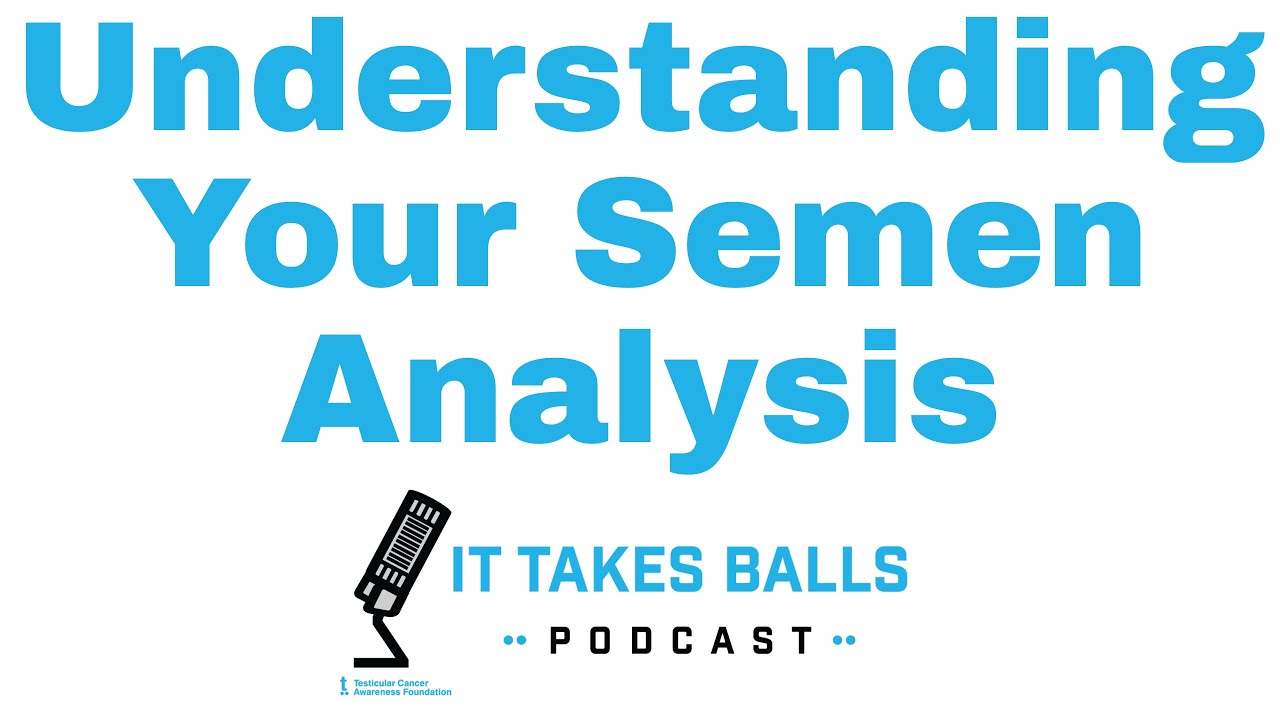Analysis is the process of breaking down a complex topic or subject into its constituent parts to gain a deeper understanding. It involves examining the individual components, relationships, and underlying principles that contribute to the overall structure or behavior of something.
Types of Analysis
There are various types of analysis, each with its own specific techniques and applications:
- Quantitative Analysis: This involves analyzing numerical data using statistical methods to identify patterns, trends, and relationships.
- Qualitative Analysis: This involves analyzing non-numerical data, such as text, images, or observations, to gain insights into meaning and context.
- Critical Analysis: This involves evaluating information and arguments critically to assess their validity, reliability, and relevance.
- Financial Analysis: This involves analyzing financial data to assess the financial health and performance of a business or organization.
- Data Analysis: This involves using statistical methods and software tools to analyze large datasets and extract meaningful information.
Analytical Tools and Techniques
- Statistical Analysis: Using statistical methods to analyze data, such as mean, median, mode, standard deviation, and correlation.
- Data Visualization: Creating visual representations of data to identify patterns and trends.
- Logical Reasoning: Applying logical reasoning to analyze arguments and draw conclusions.
- Critical Thinking: Evaluating information and arguments critically to assess their validity and reliability.
- Problem-Solving: Breaking down complex problems into smaller, more manageable parts and developing solutions.
Importance of Analysis
Analysis is a fundamental skill that is essential for success in many fields, including:
- Education: Students must analyze information and arguments to understand complex concepts and solve problems.
- Business: Businesses use analysis to make informed decisions, improve efficiency, and gain a competitive advantage.
- Science and Research: Scientists and researchers use analysis to interpret data, draw conclusions, and advance knowledge.
- Government and Policymaking: Governments use analysis to inform policy decisions and assess the effectiveness of programs.
In conclusion, analysis is a vital skill that enables us to understand the world around us and make informed decisions. By developing our analytical abilities, we can become more effective learners, problem-solvers, and citizens.
